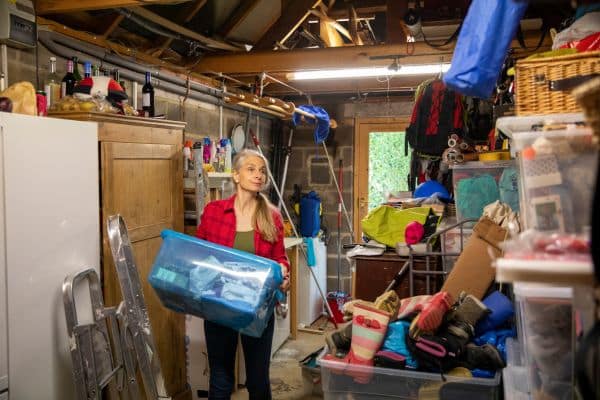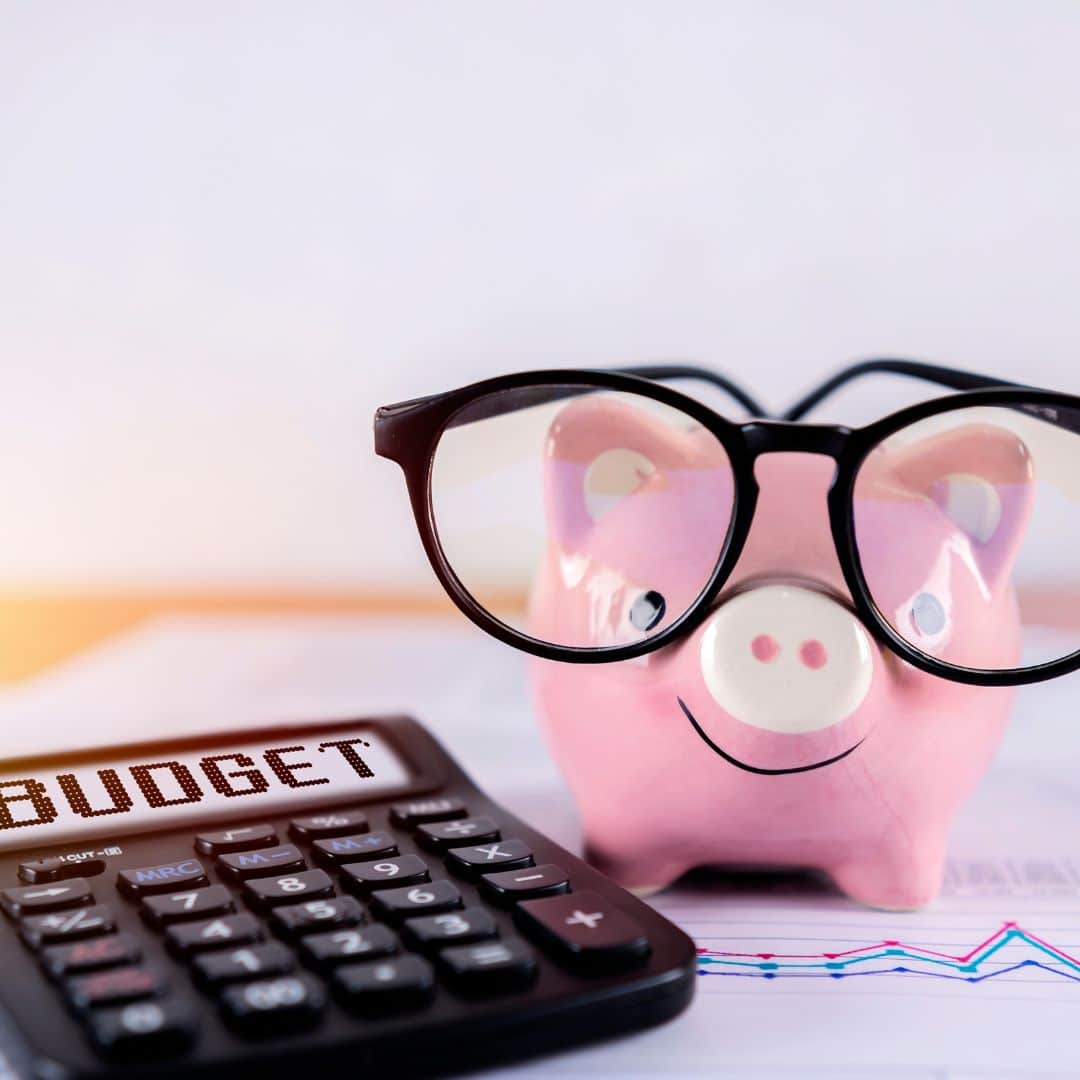Spring is a time of change and renewal. The change in season can be uplifting, inspiring us to set about clearing out the shed, garage or attic, preparing our homes and gardens for the warmer months, or even preparing to sell up. After all, March is typically one of the most popular months to start looking for your next home.
Decluttering often culminates in selling items we don’t need in second-hand marketplaces. There will always be a buyer who perceives value in someone else’s unwanted items. Deciding whether or not there is value in a second-hand business is a little more complex and subjective. In this post we’re going to apply the principles of selling pre-loved items to building value in a pre-loved business.
The value in second-hand markets
There’s a huge, competitive market in selling pre-loved goods and clothing. Trends in swapping, re-gifting, vintage and up-cycling appeal to our concerns around climate change, sustainability and protecting the environment. With such a big market you might think there were big profits being made by resellers such as Vinted. In fact Vinted posted a pre-tax loss of £40.3m in 2022.
It’s surprising to learn that the majority of second-hand clothing businesses are not turning a profit. Even the luxury resellers are not turning a profit. One of the major reasons for this is competition from fast-fashion brands, which creates an oversupply and lowers the perceived and actual value of items.
What can this teach us about the value of second-hand businesses? Think about the uniqueness of your business compared to the oversupply in the fashion industry. Even when there is strong competition in your sector, there will always be something that makes your business uniquely attractive to a buyer. Focusing on what makes you unique is where you begin to build value in your business as an enticing second-hand proposition.
What’s the difference between a pre-loved item and a second-hand business?
Some people prefer to buy something shiny and new over an item that’s proven and reliable. It comes down to personal preference. As with any pre-loved item, there is always a buyer out there looking for exactly what you’re offering. It might take time and effort to find them.
While there is no traditional best time to sell a business, there is no time like the present to begin planning to sell your business. 70% of businesses valued at less than £1million do little or no planning to sell their business (IBBA Market Pulse report, Q4 2023). Planning, preparing and presenting a business to buyers are areas where a business exit consultant can help.
Presentation is a priority
Presentation is the most important consideration when selling your home. Displaying your home in the best possible light may add value in the eyes of a buyer. Applying the same principles to selling your business could increase its sale value by up to 71%.
By this we don’t mean put a pot of coffee on and throw some fresh bread in the oven! It’s not about papering over the cracks either. When a buyer comes to view a Victorian property, they won’t expect perfection. They expect to see some signs of wear and tear – it’s part of the history of the property. But they will expect your home to be clean and well presented.
Presenting your business well means:
1. Being clear about what’s included in the sale
When purchasing second-hand clothing online buyers expect to read an honest description of age, condition, damage or missing parts. Thinking along the same lines about your business, be clear about what the buyer is inheriting, e.g. premises, key members of staff, stock, client lists. Don’t try to hide issues from prospective buyers. It’s better to be upfront and transparent about business challenges, as well as your reasons for selling and post-sale intentions. Just as an online buyer will read your customer reviews, business buyers also do their research.
2. Having your records in order
If you were to sell a genuine artefact or a first-edition item online, your buyer would expect to receive a Certificate of Authenticity with their purchase. In a business sale this means having all your accounts, insurances, employee and client records up to date and ready to view. No buyer should have to ask twice to see up-to-date business records.
3. Identifying your ideal buyer
Planning to sell a pre-loved item online involves choosing the right platform for the type of buyer you want to connect with. Identifying the right buyer for your business may take a little longer. Appointing a business exit consultant may help with this task. In representing your business they not only help create your exit strategy and identify the type of buyer you want, they will also scour their networks to find the right person.
4. Researching the price you can achieve
Let’s say you’ve cleared out the attic and come across an unboxed action figure you suspect might be quite valuable. Before jumping in to sell it online, you decide to get a professional valuation. If it is as valuable as you think, that professional might advise you to hang on to it for a while to see if demand increases and achieve a higher sale price.
There are two lessons here:
- First, it is worth getting a professional business valuation, even if you don’t intend to exit your business for a few years. You might achieve a more profitable sale by holding on to it and working to build value before deciding to sell.
- Second, don’t make snap decisions. Always consult a professional for an independent valuation or a second opinion.
5. Communicating clearly and consistently
When you sell a pre-loved item online you will be rated on your customer communications. Every customer interaction has the potential to impact a buyer’s perception of business value. If there’s a request or a problem, deal with it immediately, openly and honestly.
Why would a buyer want to purchase your second-hand business?
Your answer to this question will help determine whether there is value in your pre-loved business. For an independent business valuation, guidance on how to build value and prepare a business exit strategy, book a discovery call.












